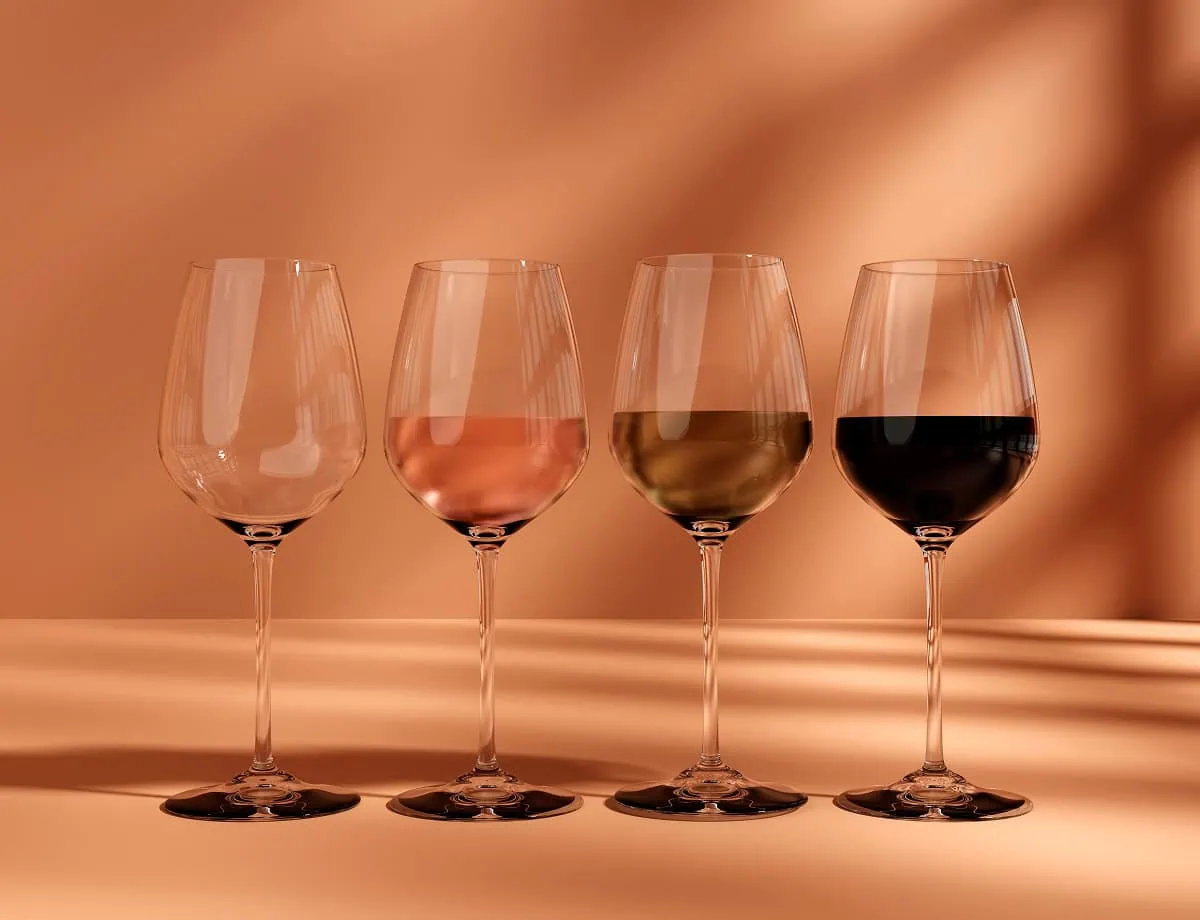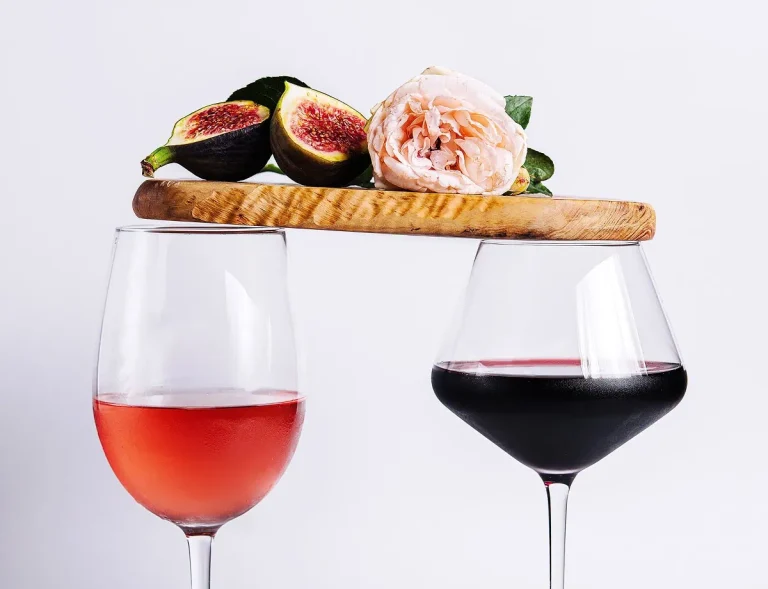🎁 Buy 6 Bottles, Get 6 FREE
Is Dry Wine Good for You?

Dry wine (especially red) may provide certain health benefits when consumed in moderation, such as higher antioxidant levels and a reduced risk of heart disease, largely due to compounds like resveratrol. Still, alcohol consumption poses health risks, including a greater likelihood of cancer, organ damage, and weight gain. Any potential benefits are tied to moderate intake; for instance, one glass of red wine per day has been linked to positive impacts on heart health and the gut microbiome.
Let’s be honest: wine and wellness have always had a complicated relationship. One day it’s heart-healthy, the next it’s a vice. But somewhere in the middle lies dry wine — the kind without all the sugary filler — and a question worth asking:
Is dry wine actually good for you?
This guide won’t give you a preachy yes or no. Instead, we’ll unpack the nuance: the benefits, the caveats, and why dry wine might be a smarter pour if you’re sipping for both pleasure and health.
Health Benefits of Dry Wine
When we talk about wine and health, dry wine is often where the conversation starts — and for good reason.
Dry red wines in particular (think Cabernet Sauvignon, Pinot Noir, or Tempranillo) have earned their spot in wellness circles thanks to compounds like resveratrol, a polyphenol with antioxidant and anti-inflammatory properties. Found in grape skins, resveratrol may help:
- Support cardiovascular health by improving endothelial function and reducing “bad” LDL cholesterol
- Lower inflammation, a known contributor to many chronic diseases
- Act as an antioxidant, helping protect your cells from oxidative stress
Dry white wines, though lower in resveratrol, aren’t without merit. They’re typically lower in calories and alcohol content — especially un-oaked varieties like Sauvignon Blanc or Vermentino — and still contain phenols that may benefit gut health and immunity.
Real Talk: Moderation Is Everything
One 150 ml glass of dry red wine might offer health perks. But downing half a bottle nightly in the name of “heart health”? That’s not what any nutritionist, doctor, or wine professional would recommend.
As with most things: a little can be good, more is not better.
Want to try it for yourself? Browse our dry wine collection to discover reds, whites, and rosés that fit your lifestyle.

Is Dry Wine Good for You? Nutritional Profile
Let’s break it down. What exactly are you getting when you drink a glass of dry wine?
| Component | Dry Red Wine (150 ml) | Dry White Wine (150 ml) |
| Calories | ~120 | ~110 |
| Carbs | ~3–4g | ~2–3g |
| Sugar | <1g | <1.5g |
| Alcohol | 12–14% ABV | 11–13% ABV |
What makes dry wine stand out nutritionally?
- Low residual sugar: By definition, dry wines have minimal leftover sugar after fermentation.
- Minimal additives: Most traditional dry wines are made without added sugars or artificial flavours (unlike many mass-market sweet wines).
- No fat, no protein, no fibre: Wine isn’t a source of macronutrients — it’s a flavour and mood enhancer, not a meal.
Dry Wine and Diets
If you’re trying to eat clean, reduce sugar, or follow a specific regimen like keto or low-carb, dry wine is often the wine of choice.
Keto-Friendly?
Yes, most dry wines are keto-compliant. They typically contain <1.5g of sugar per glass, making them one of the lowest-sugar alcohol options. Just make sure you’re picking true dry wines (avoid “semi-dry” or anything with “off-dry” on the label).
For Diabetics or Low-Glycemic Diets?
Dry wine may be preferable to sweet wine, but it’s still alcohol — and alcohol can impact blood sugar regulation. If you’re managing diabetes, it’s always best to speak to your doctor before making wine a regular habit.
Low-Calorie Drinking?
Dry whites (like Albariño or Pinot Grigio) tend to be the lowest in both calories and sugar. Dry reds, while a little higher in calories, can still fit into most calorie-conscious plans when enjoyed in moderation.
Risks and Considerations
Now for the part that rarely makes it onto the label: the fine print.
Alcohol is still… alcohol.
Even if your wine is organic, dry, and biodynamic, it’s still a neurotoxin and carcinogen in large amounts. Drinking regularly (even moderately) increases risk for certain cancers and liver conditions.
It may interact with medications.
Dry wine doesn’t sidestep this issue. If you’re taking blood thinners, antidepressants, or medications for blood sugar, wine can interfere with how your body processes them.
It’s not a health food.
Red wine’s heart-friendly reputation isn’t a green light to start drinking for the antioxidants. If you don’t already drink, don’t start because of health claims. You’ll get far more polyphenols from a handful of blueberries or a mug of green tea.
So… Is Dry Wine Good for You?
It can be — when chosen wisely and consumed mindfully.
Here’s the bottom line:
- Better than sweet wine if you’re watching sugar
- More aligned with clean eating, keto, or low-carb diets
- Offers polyphenols and antioxidants, especially in red varieties
- Still alcohol, with all the health trade-offs that come with it
Let wine enhance your life, not define it. And when in doubt — pour half a glass, cook something great with it, and invite someone to share it with you.


